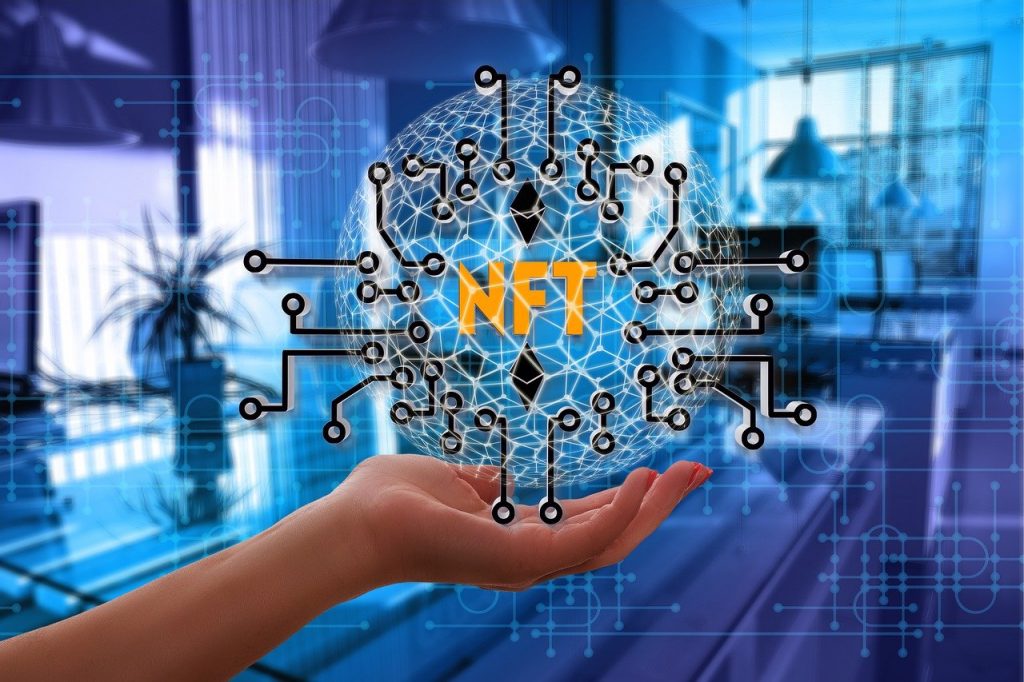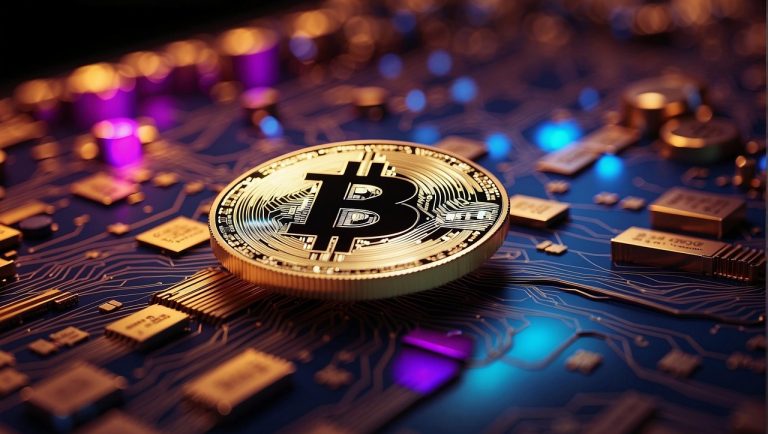Non-Fungible Tokens, or NFTs, are best known for shaking up the art world—creating million-dollar digital sales, celebrity-endorsed collections, and endless media buzz. However, the technology behind NFTs goes far beyond digital art. As blockchain infrastructure evolves, NFTs are becoming powerful tools in industries such as gaming and real estate, unlocking new opportunities for ownership, monetization, and trust.
This article takes a closer look at how NFTs are transforming these two sectors, proving they are more than just collectible JPEGs.
What Are NFTs?
An NFT, or Non-Fungible Token, is a type of digital asset that represents ownership of a unique item or piece of content, recorded and secured on a blockchain. Unlike cryptocurrencies such as Bitcoin or Ethereum, which are interchangeable and identical (fungible), NFTs are one-of-a-kind and cannot be swapped on a one-to-one basis.
Each NFT has its own metadata and proof of ownership, making it ideal for authenticating digital or physical items. This uniqueness is what gives NFTs their growing utility in gaming and real estate.
NFTs in Gaming
The gaming industry has embraced NFTs with remarkable speed and innovation. Gamers have long invested in digital goods—from skins to weapons to avatars—but traditionally, they never truly owned them. Those digital items exist within the game’s ecosystem and can be removed, locked, or changed by the publisher at any time. NFTs change that dynamic completely.
True Ownership of In-Game Assets
NFTs give players genuine ownership of their in-game items. When an item is issued as an NFT, it belongs to the player and exists independently of the game’s servers. This means a player can transfer it, sell it, or even use it in other compatible games. That kind of player autonomy was previously unheard of in mainstream gaming.
Play-to-Earn Economies
NFTs have fueled the rise of play-to-earn (P2E) gaming, where players are rewarded with cryptocurrency or tradeable NFTs simply by playing. These games allow users to generate income through their in-game activities. One notable example is Axie Infinity, a game where players collect and battle NFT creatures. Many players in countries like the Philippines have earned a full-time income through this model, particularly during economic downturns.
Scarcity and Collectibility
Game developers can create limited-edition items or rare assets with verifiable scarcity through NFTs. This scarcity boosts the desirability and value of certain in-game items, and fosters secondary markets where players trade NFTs the same way people trade rare sports cards or collectibles.
Interoperability Across Platforms
NFTs open up the possibility of cross-game ownership. A sword used in one game could, in theory, be used in another game by a different developer, if both platforms agree on common standards. Although still early in development, this idea of interoperable digital assets could redefine how gamers experience virtual worlds.
NFTs in Real Estate
Beyond digital gaming environments, NFTs are making their way into the world of real estate, both in the physical and virtual realms. From tokenizing ownership to simplifying paperwork, NFTs have the potential to disrupt the traditional property market.
Tokenization of Property
Tokenization refers to dividing a real-world asset, such as a building or land, into digital shares represented by NFTs. This allows individuals to invest in real estate without purchasing an entire property. Instead, they can buy a fraction of it, much like owning shares in a company. This opens the door for smaller investors to participate in what was once an exclusive market.
Platforms such as RealT are already doing this, offering tokenized real estate investment opportunities where users can buy portions of properties and receive rental income directly to their crypto wallets.
Streamlining Real Estate Transactions
Buying or selling a property usually involves a tedious and time-consuming process filled with intermediaries like brokers, lawyers, and banks. NFTs can simplify this by automating parts of the process through smart contracts. These self-executing agreements can verify ownership, handle payments, and transfer deeds—all recorded on a blockchain, reducing costs and delays.
Imagine purchasing a house where the deed is minted as an NFT. Once payment is made, ownership automatically transfers to the buyer without any paperwork or middlemen.
Immutable Ownership Records
Ownership disputes and title fraud are common issues in real estate. NFTs provide a tamper-proof, transparent record of ownership and transaction history. With blockchain verification, the risk of fraud is significantly reduced, and the process of verifying property history becomes quicker and more secure.
The Rise of Virtual Real Estate
NFTs are also creating entirely new markets for virtual real estate within digital worlds known as metaverses. Platforms like Decentraland and The Sandbox allow users to buy, sell, and develop parcels of virtual land, all represented by NFTs.
These digital plots can be used for virtual events, advertising, gaming, or digital storefronts. As companies and investors flock to the metaverse, some virtual lands have sold for hundreds of thousands—or even millions—of dollars.
Advantages of NFTs in Gaming and Real Estate
NFTs bring several shared benefits to both industries:
-
Ownership and Control: Whether it’s a virtual sword or a luxury apartment, NFTs allow users to truly own their assets.
-
Transparency: Blockchain ensures that every transaction is recorded, permanent, and verifiable.
-
Liquidity: NFTs can be traded easily on marketplaces, creating more dynamic economies for both gamers and investors.
-
Accessibility: Fractional ownership and global platforms reduce barriers to entry, allowing more people to participate.
-
Efficiency: Smart contracts eliminate the need for manual processes and intermediaries, speeding up transactions and reducing costs.
Challenges and Risks
Despite the growing adoption, NFTs still face several challenges:
Legal and Regulatory Uncertainty
The legal recognition of NFT-based ownership—especially in real estate—is still unclear in many jurisdictions. Governments are only beginning to explore how NFTs fit into existing property and financial laws.
Technical Complexity
Using NFTs requires knowledge of digital wallets, private keys, and blockchain networks, which can be intimidating for non-technical users. Improved user interfaces and onboarding processes are needed for mainstream adoption.
Market Volatility
NFT markets can be highly speculative. Prices fluctuate dramatically, and assets can lose value quickly, especially in gaming where the popularity of a platform can change overnight.
Security Risks
If users lose access to their digital wallets or are targeted by scams, their NFTs can be lost permanently. Security education and better tools are essential for protecting digital assets.
NFTs are rapidly evolving beyond their original use cases, and their role in gaming and real estate is only the beginning. As blockchain technology matures and regulations catch up, NFTs could become foundational tools for managing both digital and real-world assets.
In gaming, NFTs are empowering players with true ownership, new income opportunities, and immersive experiences. In real estate, they’re reducing friction in property transactions, enabling fractional investment, and even creating new markets in virtual environments.
While challenges remain, the momentum is undeniable. NFTs are not a passing trend—they are a glimpse into a more decentralized, efficient, and inclusive future.




